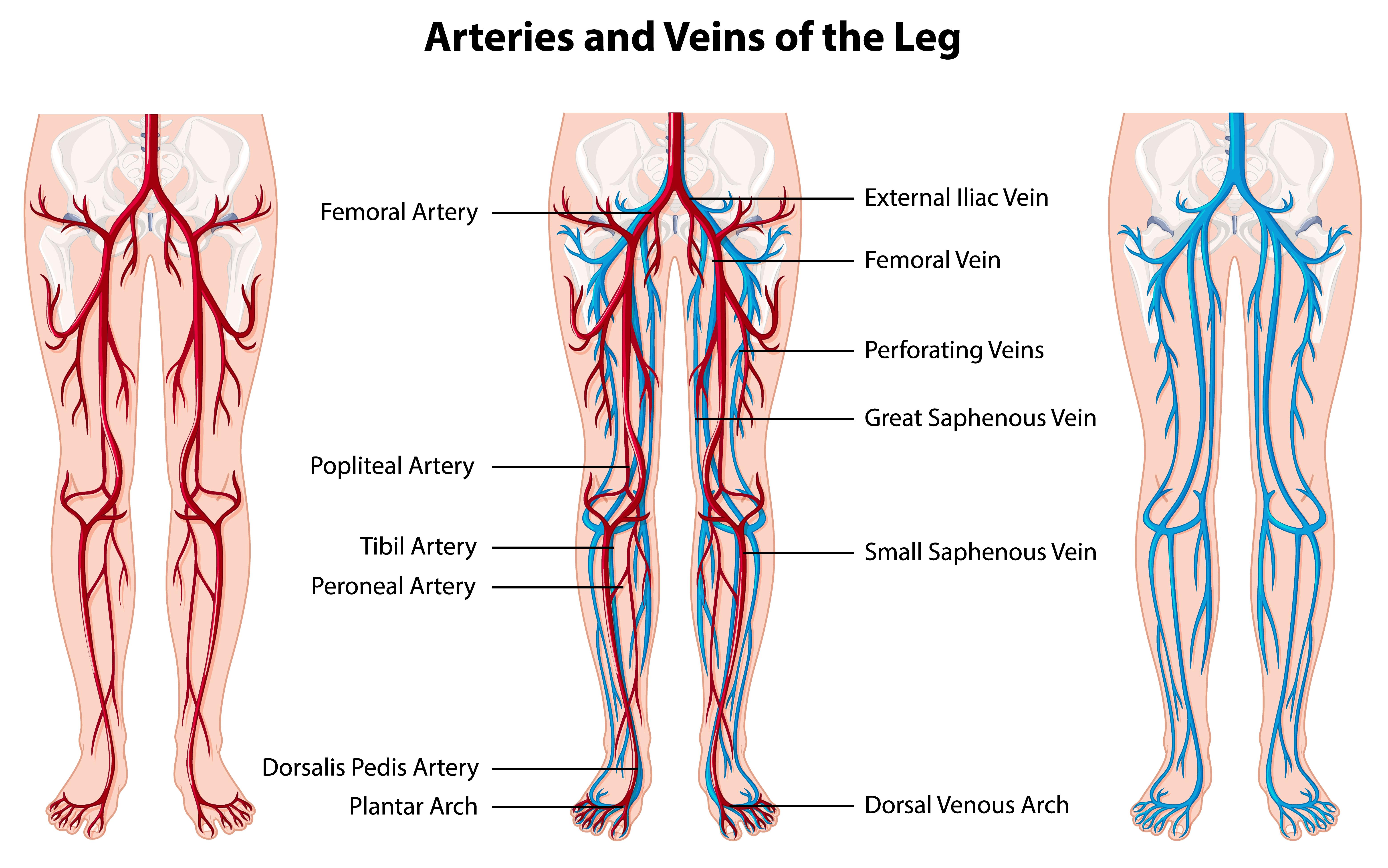
Have you started to notice your leg veins becoming more apparent? If they are beginning to look unpleasant to you, it may be because of emerging varicose veins. What do they say about your current health and well-being?
What Are Varicose Veins?
Varicose veins are swollen, twisted veins that are visible through the skin. They are typically blue or dark purple in colour and can be seen on the legs, ankles, and feet. Varicose veins develop when the body's valves do not work as they should. When these valves do not work correctly, blood can flow backwards and pool in the vein, causing it to become swollen and twisted.
Varicose veins are often not a serious medical condition but can cause discomfort. However, they may indicate more underlying severe leg vein problems.
Signs That Suggest Your Varicose Veins Are Becoming Serious
Occasionally, varicose veins may be painful, particularly after long hours of standing. They can also cause swelling in the legs and ankles, skin irritation, and in severe cases, skin ulcers. Suppose you are experiencing any of these symptoms or are concerned about the appearance of varicose veins, it is a good idea to talk to a healthcare provider. Your healthcare provider will be able to assess your condition and recommend treatment options that will be appropriate for you.
It is important to note that while varicose veins are not typically a serious health problem, they can be a sign of an underlying medical condition called chronic venous insufficiency (CVI). CVI is a condition in which the leg veins are not able to adequately pump blood back to the heart, causing blood to pool in the veins and increasing the risk of blood clots.
If left untreated, CVI can lead to more severe complications, such as leg ulcers and skin infections. Visit your nearest vascular clinic to get your leg veins checked out.
Varicose Vein Treatment Options
Several treatment options for varicose veins include minimally invasive procedures and surgery.Depending on the severity of your varicose veins and your health condition, surgery may be your only choice. A few treatment options for varicose veins include:
- Minimally invasive procedures: These include sclerotherapy (injection of a solution into the vein to close it), laser therapy (use of a laser to close the vein), and radiofrequency ablation (use of heat to close the vein).
- Surgery: In some cases, surgery may be necessary to remove varicose veins. There are several types of surgery for varicose veins, including vein ligation and stripping (removal of the vein through small incisions), endovenous laser treatment (use of a laser to seal the vein), and phlebectomy (removal of the vein through small incisions).
It is important to note that while these treatments can effectively improve the appearance and symptoms of varicose veins, they do not prevent the development of new varicose veins. With that being said, there are several things you can do at home to help manage varicose veins and reduce the risk of complications:
- Exercise regularly: Regular physical activity can help improve circulation and reduce the risk of developing varicose veins.
- Wear compression stockings: These special stockings apply gentle pressure to your legs, helping to improve circulation and reduce swelling.
- Elevate your legs: Elevating your legs above your heart for a few hours each day can help reduce swelling and improve circulation.
- Avoid standing or sitting for long periods: If you have a job that requires you to sit or stand for long periods, take frequent breaks to move around and stretch your legs.
- Avoid high heels: Wearing high heels can put extra pressure on your veins. Hence, avoiding them or wearing them only occasionally is a good idea.
- Lose weight: If you are overweight or obese, losing weight can help reduce the pressure on your veins and lower your risk of developing varicose veins.
- Eat a healthy diet: A diet rich in fruits, vegetables, and fibre can help improve circulation and reduce the risk of varicose veins.
If you are concerned about your varicose veins or are experiencing severe symptoms, it is a good idea to talk to your healthcare provider for further evaluation and treatment.
